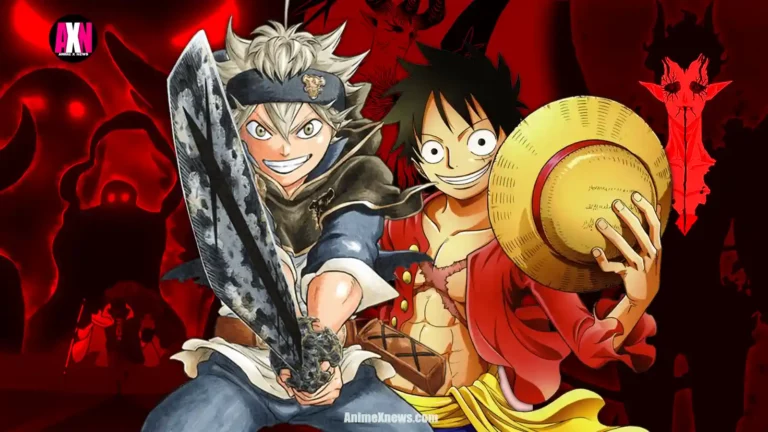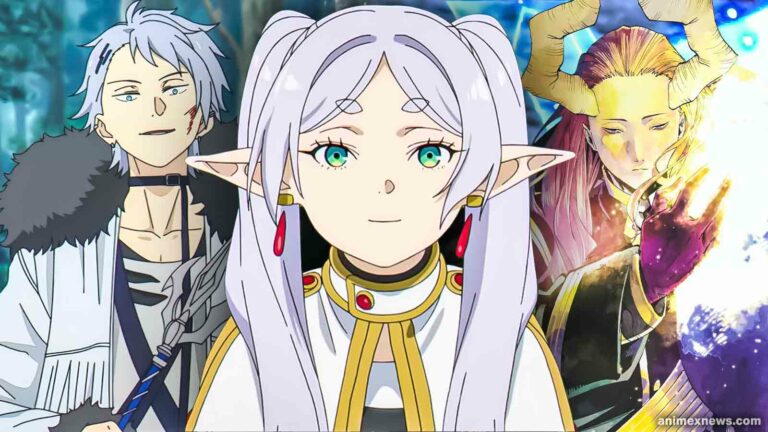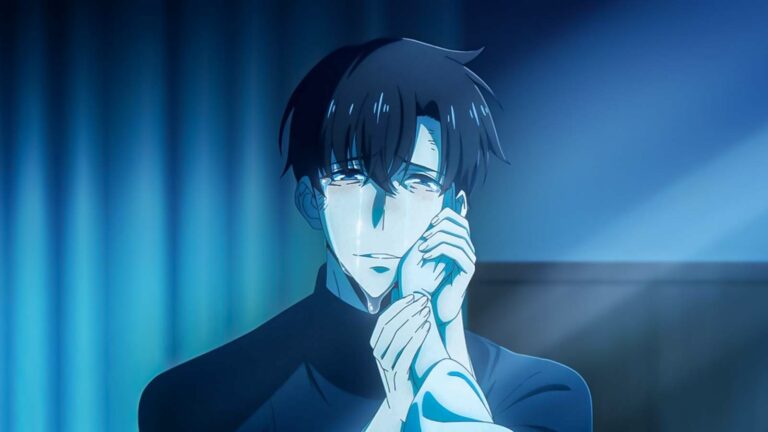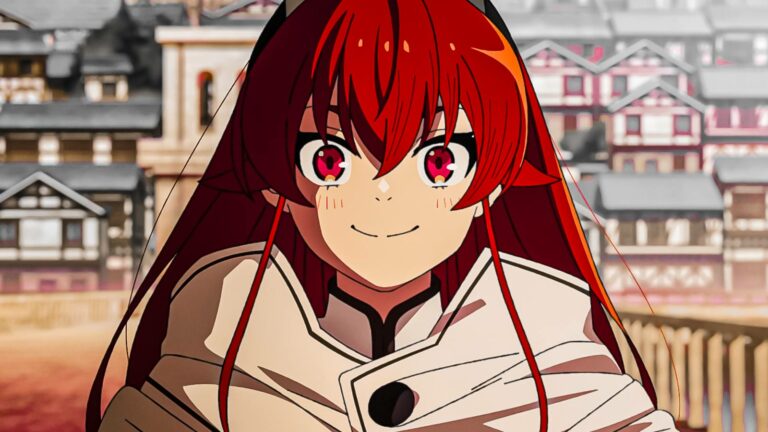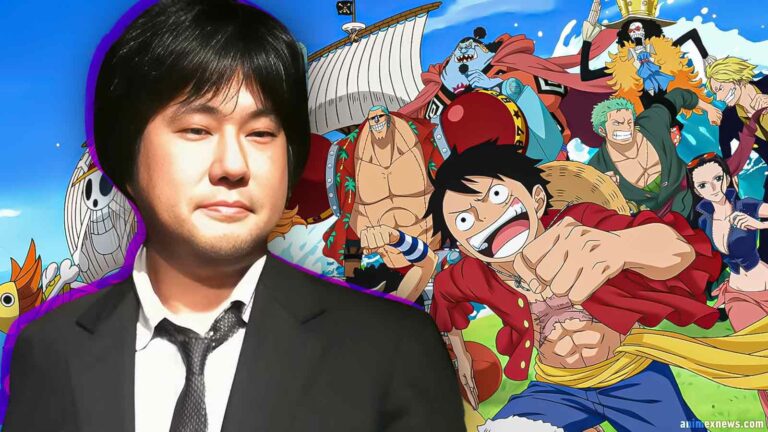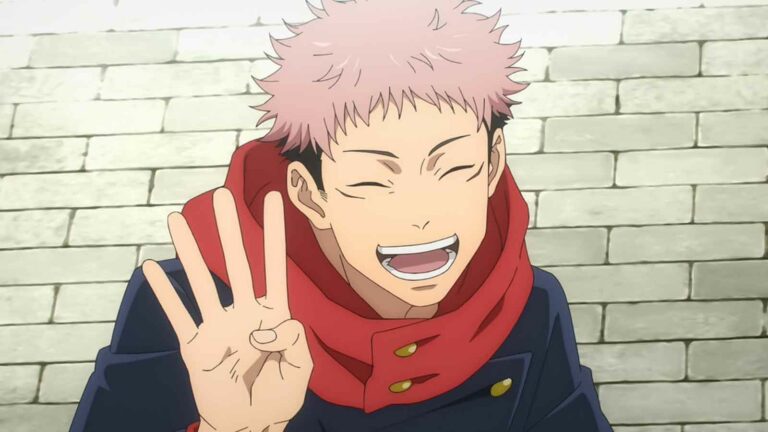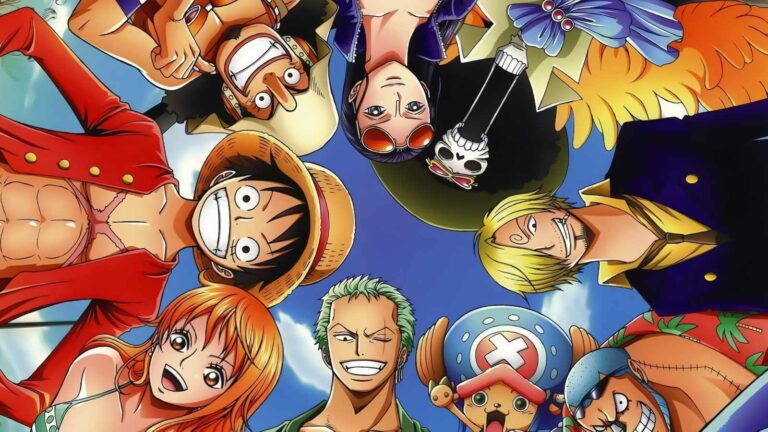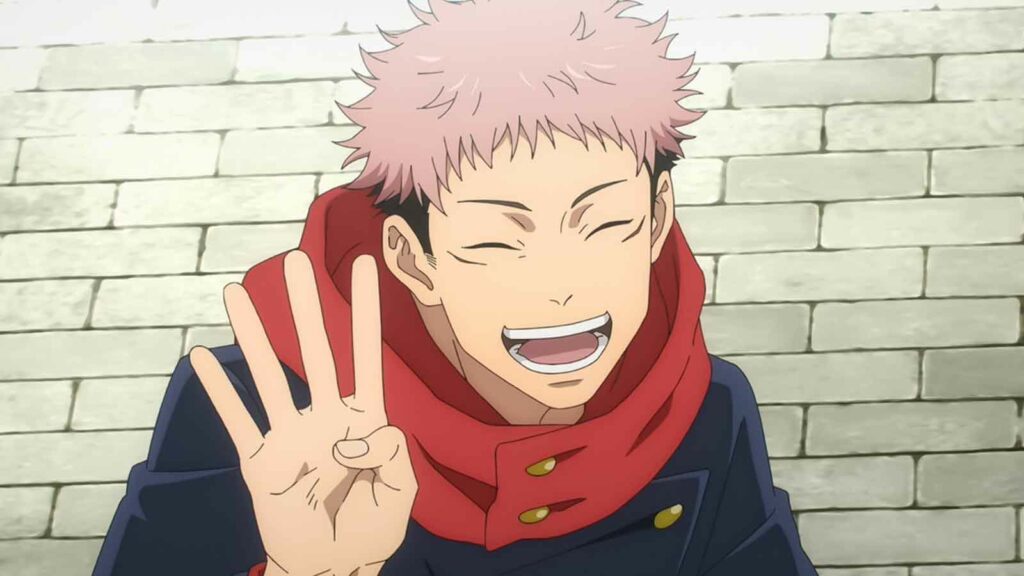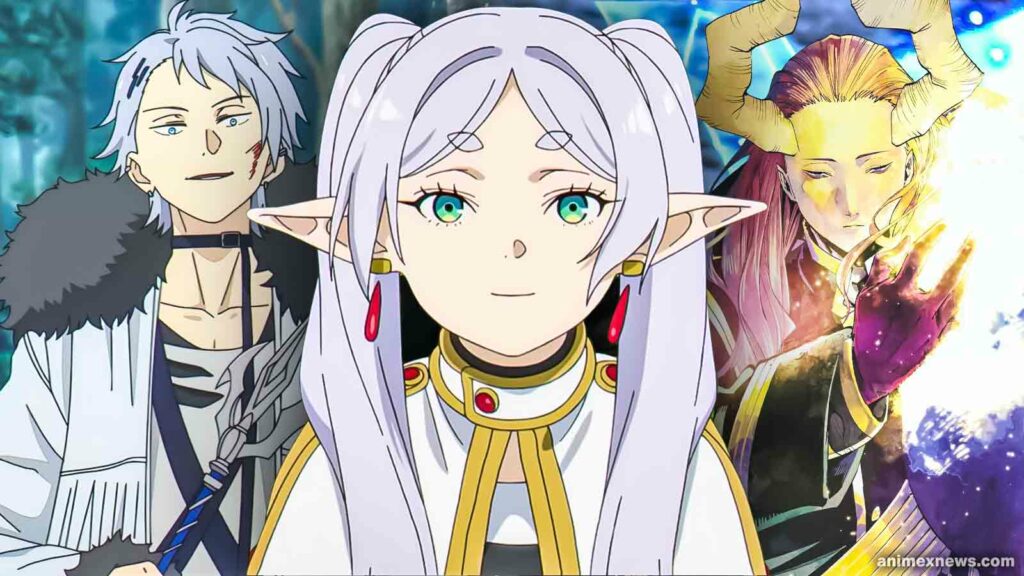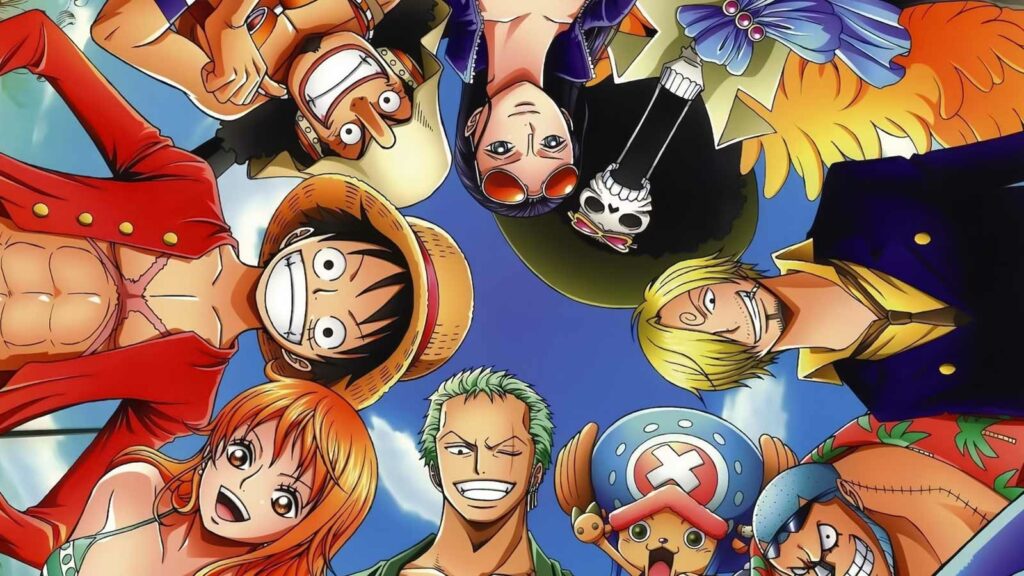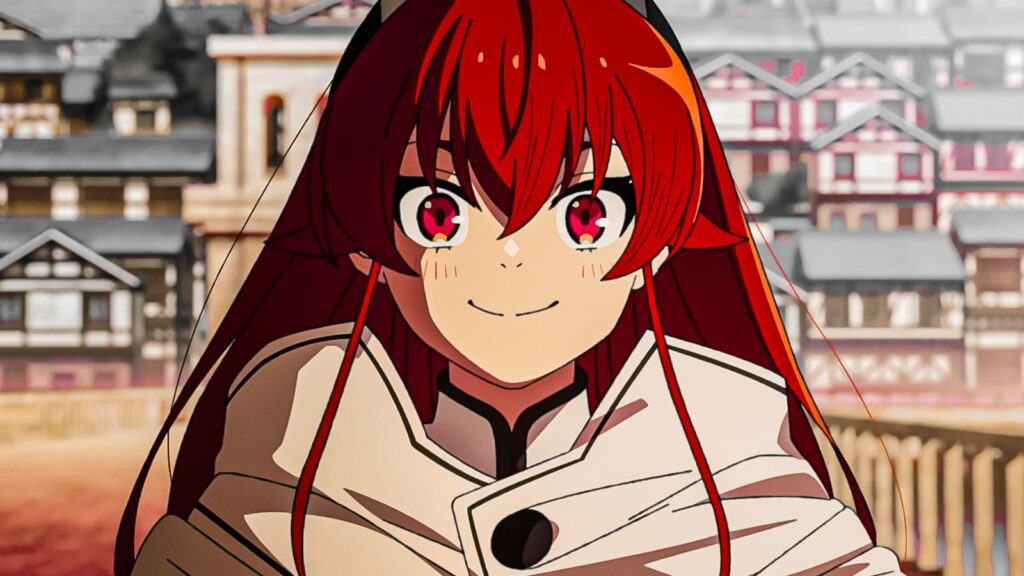The climactic battles of Black Clover and One Piece are shaping up to be some of the most memorable in shonen anime history. While the series differ in tone and world-building, a striking similarity emerges in their final conflicts: the pivotal role of demon or devil intervention.
Demon Intervention: The Core of Both Final Battles
Black Clover: Devils as the Ultimate Threat
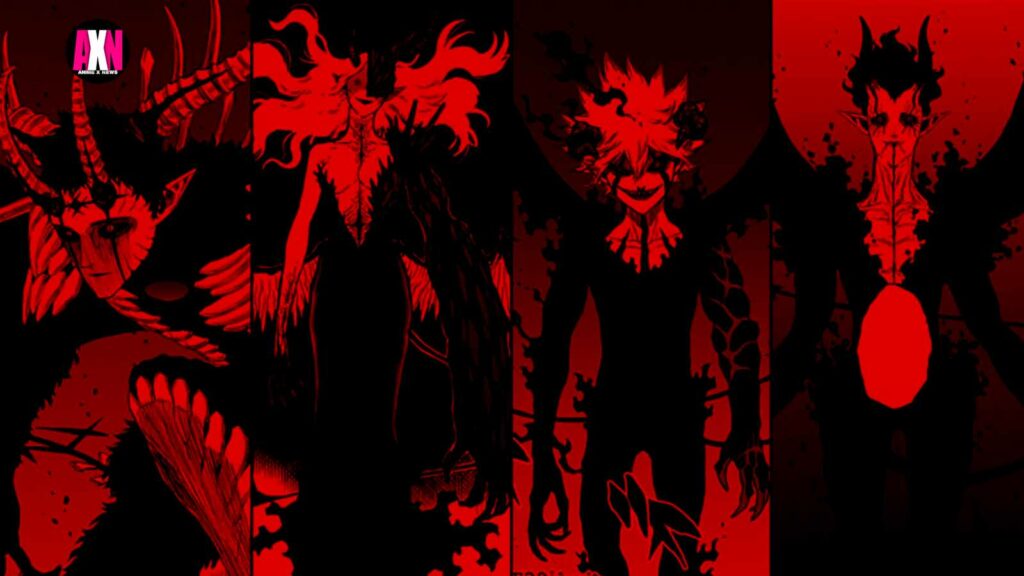
In Black Clover, devils have always loomed as the ultimate antagonists. The series’ final arc centers on Lucius Zogratis, who aims to remake humanity and establish himself as the supreme Wizard King.
Lucius’s plan involves Judgment Day—a cataclysmic event powered by devil magic, with the fate of the world at stake.
The heroes, particularly Asta and Yuno, are forced to confront not just Lucius but also the lingering threat of other devils like Astaroth, with the Black Bulls and Magic Knights battling on multiple fronts.
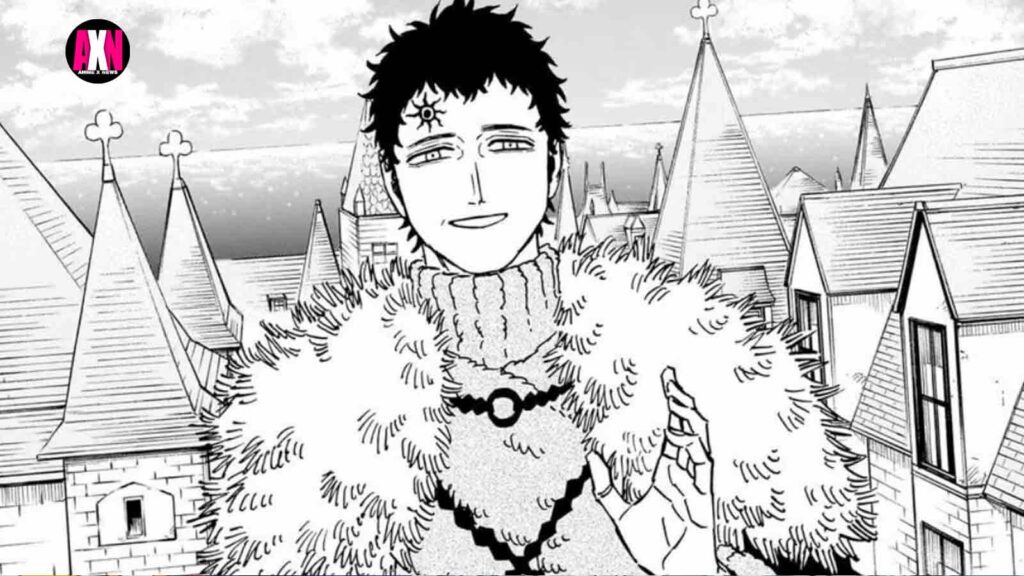
The intervention of devils is not new in Black Clover—from Asta’s anti-magic devil to the Spade Kingdom’s devil hosts, these supernatural entities have repeatedly tipped the balance of power. In the final battle, Lucius’s ability to manipulate devil magic and his alliances with devilish forces create a scenario where the protagonists must overcome both human and demonic adversaries to save their world.
One Piece: The Devil’s Influence at the Endgame
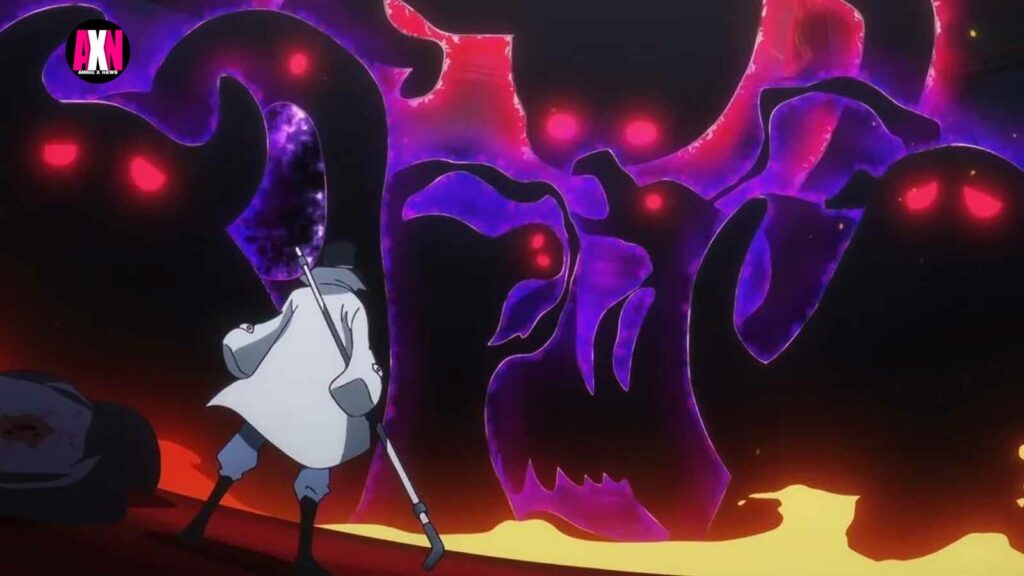
One Piece has always woven the concept of “devil” into its lore, most notably through Devil Fruits, which grant users extraordinary powers at the cost of their ability to swim. As the series enters its final saga, the stakes escalate with the emergence of near-godlike enemies and world-shaking conspiracies.
The final battles are expected to pit Luffy and the Straw Hats against the Blackbeard Pirates, the World Government, and enigmatic figures like Imu—whose power and influence are often described in devilish or godlike terms.
The intervention of “demonic” power is especially evident in Blackbeard, whose ability to wield multiple Devil Fruits makes him a unique and terrifying adversary. The World Government’s manipulation, the existence of the “Gods Knights,” and Imu’s mysterious abilities all contribute to a sense of supernatural intervention that mirrors the devil threats in Black Clover.
Comparing the Endgame: Table of Parallels
| Element | Black Clover | One Piece |
|---|---|---|
| Main Antagonist | Lucius Zogratis (Devil host, aims for godhood) | Blackbeard, Imu, World Government (devil/god-like) |
| Demon/Devil Intervention | Devils as direct combatants and world-shapers | Devil Fruits, demonic powers, godlike enemies |
| Protagonist’s Power | Asta’s anti-magic (from a devil), Yuno’s star magic | Luffy’s Gear 5 (mythical Zoan Devil Fruit) |
| Stakes | World’s fate, humanity’s survival | World order, fate of the seas, freedom |
| Final Battle Setting | Clover Kingdom, Judgment Day | Elbaf, Mariejois, global conflict |
Thematic Resonance: Why the Similarity Matters
Both series use demon intervention to symbolize the ultimate challenge for their heroes. In Black Clover, the devils represent the darkest aspects of magic and humanity, forcing Asta and his allies to transcend their limits.
In One Piece, the “devil” is more metaphorical, embodied in the corrupting power of Devil Fruits and the tyrannical ambitions of the World Government and Blackbeard.
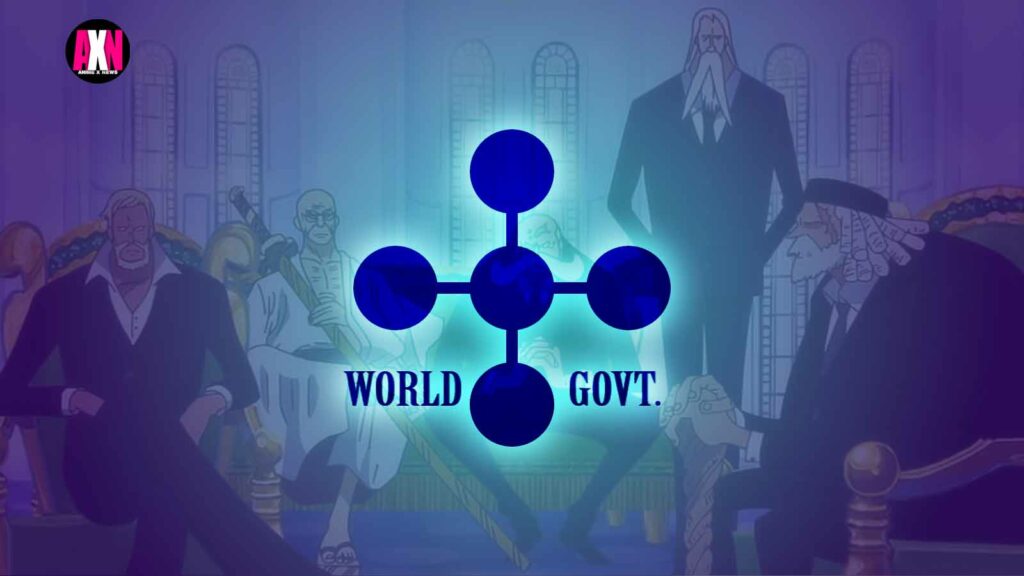
In both finales, the intervention of supernatural forces is not just a narrative device—it’s a crucible that tests the protagonists’ ideals, friendships, and determination.
The heroes must unite, often relying on the bonds they’ve forged and the powers they’ve mastered, to overcome the demonic threat and reshape their worlds for the better.
The end fights in Black Clover and One Piece are eerily similar because both series elevate their final conflicts through the intervention of demonic or devilish powers.
Whether it’s Asta’s battle against Lucius and the devils or Luffy’s war against Blackbeard, Imu, and the World Government, the presence of supernatural antagonists ensures that the stakes are nothing less than the fate of their worlds.
This parallel not only heightens the drama but also cements both series as modern shonen epics where the ultimate evil must be conquered through courage, unity, and the indomitable will of their heroes.

